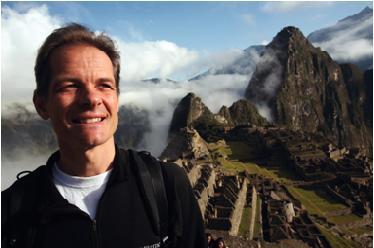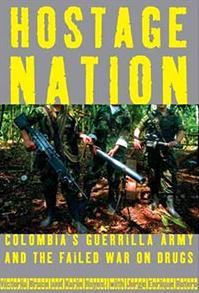Lecture: Addicted to Failure Why the Drug War Has Failed and Prospects for Reform
Howard University Founders Library Room 300A 400 Howard Place NW, Washington, DC, United StatesWhen Bart Simpson ran for class president, he began his campaign with an attack on his rival: "My opponent says there are no easy answers. Well I say he's not looking hard enough!" This is toughest problem with elected officials and drug policy — they think voters want (and can only understand) easy answers.
After decades of a simple-minded "war" paradigm, drugs stubbornly refuse to surrender while more users, producers and traffickers have been drawn into the drug economy. This talk will examine why the war on drugs has failed, what some alternatives might look like, and most importantly, how legislators can vote for change without risking their seats through "swiftboating" type campaign smears.
This lecture is presented by Howard University's Department of African American Studies. For contact information call: (202)806-7242.
Sanho Tree is a former military and diplomatic historian whose current work focuses on policies concerning international drug control, counterinsurgency, and counterterrorism. He was associate editor of CovertAction Quarterly, an award-winning magazine of investigative journalism, and worked at the International Human Rights Law Group in the last 1980s. He serves on the boards of Witness for Peace and the Andean Information Network.


